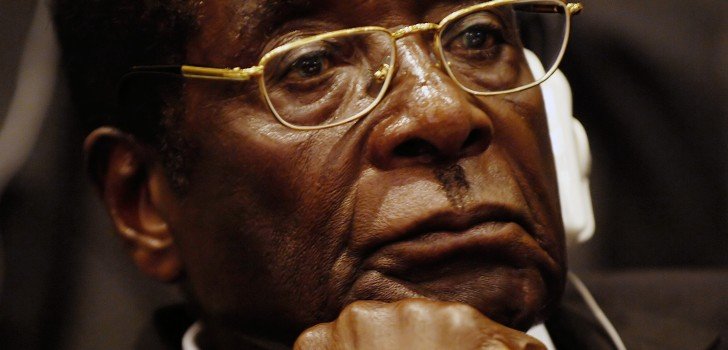Feeling blue? Your smart phone has the answer. According to researchers, doctors can now determine if patients are depressed by only looking at their smart phones. No more questionnaires for patients to lie in and random interviews that are prone to inaccuracy, detecting depression is now as easy as logging in on a patient’s smartphone.
Scientists from a Northwestern University have revealed that the key to early detection of depression is through smart phones. Through a study, the researchers discovered that phone usage data and GPS were sufficient information to tell whether a person was depressed.
Modern methods of diagnosing depression usually involve question-answer interrogations between doctors and their patients and then extending to the patients’ family and friends. The tests have been criticized for lacking systematic behavioral analysis and being culpable to inaccuracy when people lie. Majority of psychological disorder symptoms occur outside an individual’s knowledge, sublimely in everyday actions that interviews cannot possibly reveal but phone usage can.
The study found that the more a user spent his time on the phone, the higher the chances that the user was depressed. According to the study, average daily usage of phones by depressed individuals totaled 68 minutes. Comparatively, persons without symptoms averaged a distant 17 minutes; an incriminating contrast.
The scientist went further to reveal that where people chose to use their phones was another indicator of depression. Through GPS location monitoring, it was found that participants who spent most of their time in limited locations such as at home, were more prone to depression, unlike their counterparts who visited multiple locations.
According to lead author Sohrob Saeb, the findings reinforced scientific depression facts known in the medical world. He said, “The data showing depressed people tended not to go many places reflects the loss of motivation seen in depression. When people are depressed, they tend to withdraw and don’t have the motivation or energy to go out and do things.”
Based on the results, researchers indicated smart phone usage could determine depression with an accuracy of 87%. Mohr was very enthusiastic about the results. He said, “The significance of this is we can detect if a person has depressive symptoms and the severity of those symptoms without asking them any questions.”
Figures from the National Institute of Mental Health (NIMH) put the number of depressed Americans at six per cent of the population. The number, though, could be higher due to gaps present in the clinical diagnosis of the mental condition. Through smart phone usage, early detection of the condition can be done and treatment received before it is too late.
Stay Connected